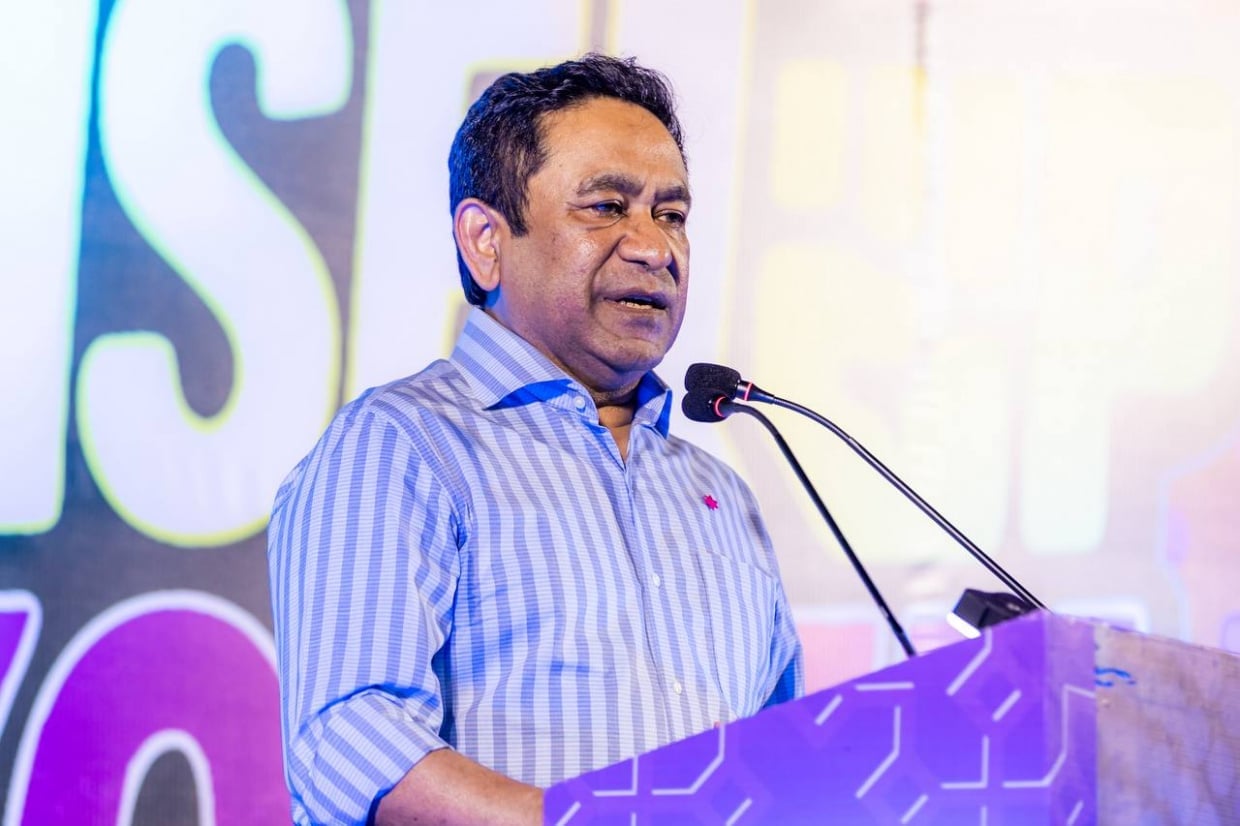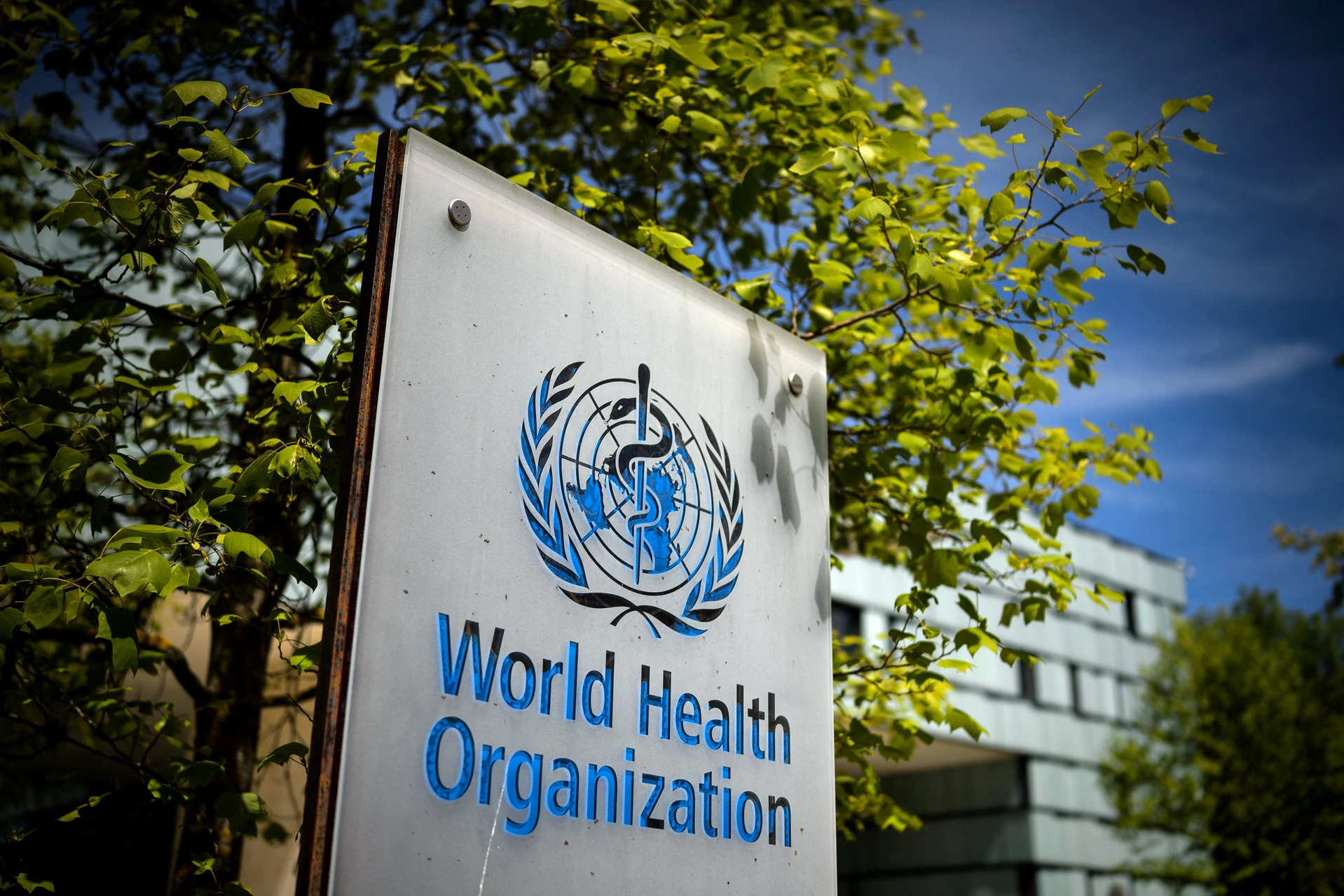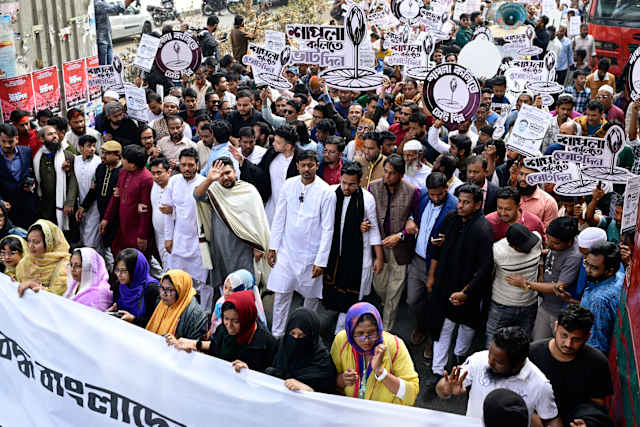Malaysia's government faces criticism from opposition Parliament members and human rights groups over the decision to deport over 1,000 Myanmar nationals in defiance of a court order.
As per the activists, the migrants who were deported include vulnerable asylum seekers. The migrants were departed on Tuesday on Myanmar navy ships from a Malaysian military base back to their homeland, just weeks after a coup.
Human rights groups had fiercely criticized the plan, and hours before the deportation, the Kuala Lumpur High Court ordered it be temporarily halted to allow a legal challenge from activists. But officials pushed ahead regardless, repatriating 1,086 migrants and offering no explanation as to why the court's instructions were ignored.
Amnesty International, one of the groups that challenged the deportation, said the government 'owes an explanation to the people of Malaysia as to why they chose to defy the court order'.
"These dangerous deportations have not been properly scrutinized and put individuals at grave risk," said Katrina Jorene Maliamauv, executive director of Amnesty's Malaysia office.
Malaysian immigration officials insisted there were no members of the persecuted Rohingya minority, who are not recognized as citizens in Myanmar or asylum seekers among those repatriated. But human rights groups have raised doubts over authorities claiming that there were no asylum seekers among the deportees.
As per the activists, the migrants who were deported include vulnerable asylum seekers. The migrants were departed on Tuesday on Myanmar navy ships from a Malaysian military base back to their homeland, just weeks after a coup.
Human rights groups had fiercely criticized the plan, and hours before the deportation, the Kuala Lumpur High Court ordered it be temporarily halted to allow a legal challenge from activists. But officials pushed ahead regardless, repatriating 1,086 migrants and offering no explanation as to why the court's instructions were ignored.
Amnesty International, one of the groups that challenged the deportation, said the government 'owes an explanation to the people of Malaysia as to why they chose to defy the court order'.
"These dangerous deportations have not been properly scrutinized and put individuals at grave risk," said Katrina Jorene Maliamauv, executive director of Amnesty's Malaysia office.
Malaysian immigration officials insisted there were no members of the persecuted Rohingya minority, who are not recognized as citizens in Myanmar or asylum seekers among those repatriated. But human rights groups have raised doubts over authorities claiming that there were no asylum seekers among the deportees.















